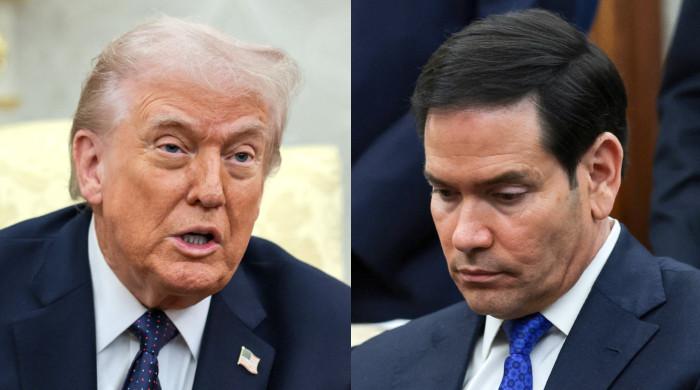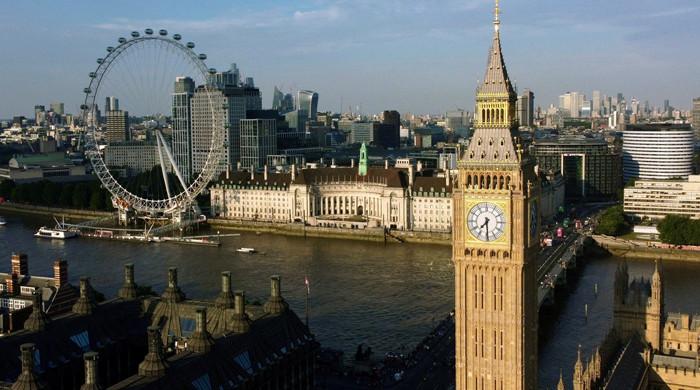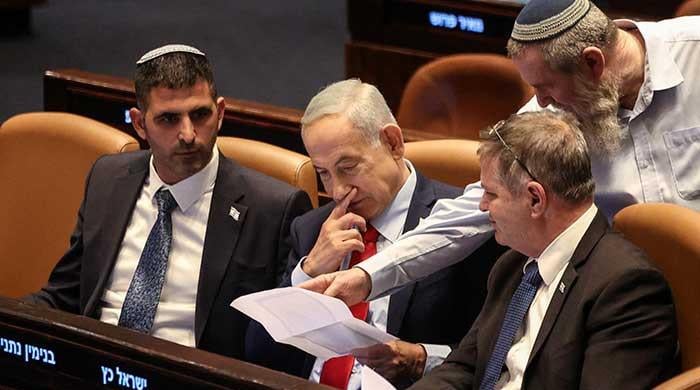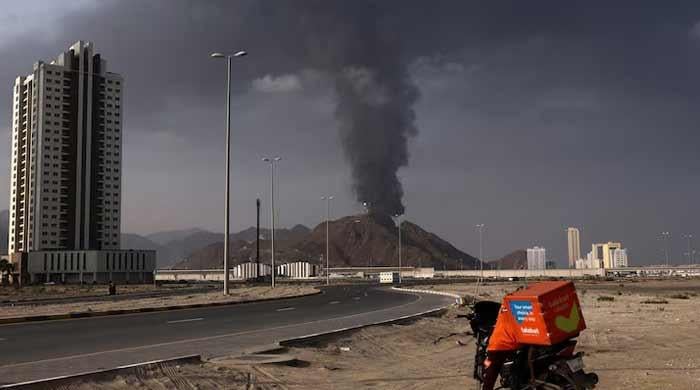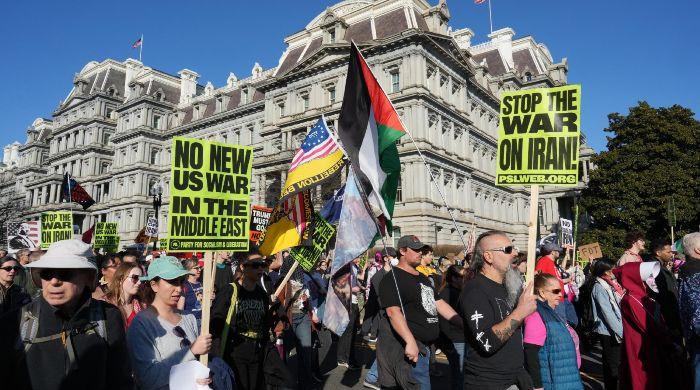Explainer: Why are the farmers protesting in India?
Farmers fear Modi government's new bills threaten their livelihoods
December 07, 2020
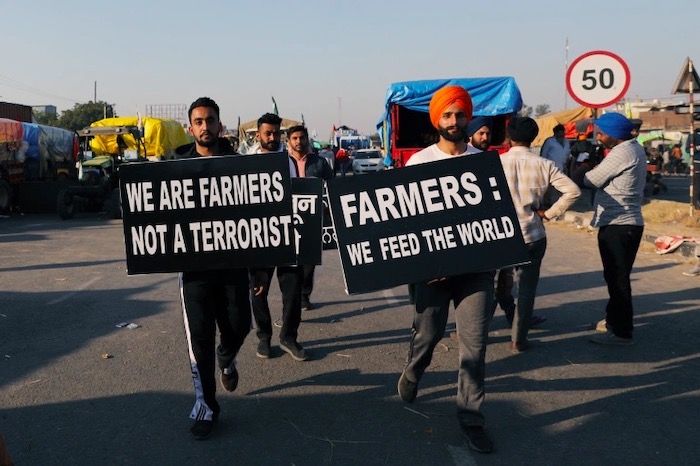
Angered by Narendra Modi-led government's anti-farmers' law, thousands of Indian farmers have intensified protests by blocking highways and camping out on the outskirts of New Delhi.
The farmers say the laws threaten their livelihoods. Although various farmer unions have backed the demonstration, the protest is largely led by growers from Punjab and Haryana in India's north.
The Bharatiya Janata Party (BJP) government and leaders of the protesting farmers' unions have held several rounds of talks but a deadlock persists over the parliamentary bills passed in September.
Indian farmers have been struggling for years due to low crop prices and rising costs, demonetisation and widespread droughts despite government subsidies and income tax exemptions. Many farmers have fallen into debt, leading to a rise in farmer suicide rates in recent years.
Read more: Thousands protest Modi govt's anti-farmers law outside Indian High Commission in London
Why are farmers protesting?
The Essential Commodities (Amendement) Act makes it easier for farmers to sell their produce directly to private buyers and enter into contracts with private companies. But farmers say this leaves small growers with little bargaining power as nearly 85% of the country's poor farmers own less than 2 acres of land and find it difficult to directly negotiate with large buyers of farm goods.
Farmer leaders say wholesale markets would lose their relevance and even gradually cease to exist if large buyers are allowed to buy directly from growers. They stressed that without offering an alternative arrangement to small growers, such as private markets or direct-purchase centres, the new rule does not make any sense.
India's grain bowl states of Punjab and neighbouring Haryana also fear that if big institutions start purchasing directly from farmers, the state governments will lose out on the tax that these buyers have to pay at wholesale markets.
One of the main concerns is that the ambiguity surrounding minimum support prices (MSP) and farmers worry the Modi government will do away with it altogether. The MSP serves as a safety net for the farmers in case prices for certain crops fall. Removing it would allow large corporations to set prices, making farmers vulnerable to exploitation.
The farmers are also worried that the government giving up its power to prevent hoarding and controlling price inflation keeps them at large corporations' mercy.
Read more: India says Trudeau's comments over farmers' protests 'unacceptable interference in internal affairs'
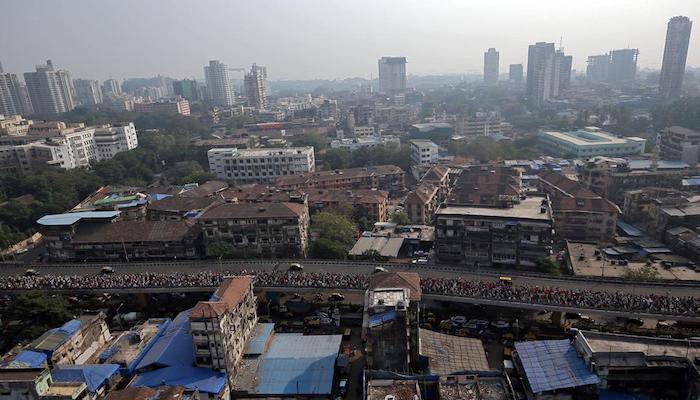
How do regulated food wholesale markets work?
Theses markets are run by local bodies which ensure the price of farmers' produce, including fruit and vegetables, is determined by auctions.
For rice and wheat, however, there is no auction as the government buys at guaranteed prices.
Every year, the government raises the price at which the Food Corporation of India (FCI) - India's state grain stockpiler and top buyer - buys rice and wheat from growers. Most farmers in Punjab and Haryana sell their rice and wheat to the FCI.
Some growers believe that, should wholesale markets start to lose relevance, private buyers could arm-twist farmers to sell at lower rates.
Commission agents help farmers grade, weigh, pack and sell their harvests to buyers. They also ensure timely payments to farmers.
For millions of rice and wheat farmers, the agents are also often a source of credit in hard times after drought, crop failure or even a daughter's wedding.
Many experts argue that agents, who form the backbone of wholesale markets, would lose their income if large buyers start buying directly from farmers.
With additional input from Reuters.






